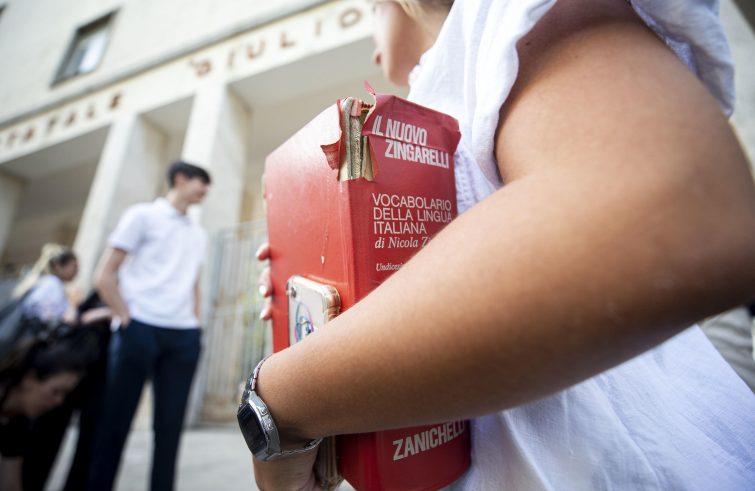
Italian teachers received some of the lowest salaries in Europe, earning less than half of their German colleagues at the start of their careers. The findings are contained in the OECD annual report Education at a Glance, and Eurydice (Information Network on Education in Europe) data for the period 2020-2021.
At the beginning of their career… The annual starting salary for an Italian teacher is EUR 24,297 before tax – slightly above their colleagues in Cyprus (EUR 24,189) and Portugal (EUR 22,374). French teachers earn slightly more, with a gross annual salary of EUR 26,839. Even Spanish teachers are better off, with a yearly gross salary of EUR 30,999. Teachers in Belgium, Sweden, Ireland and the Netherlands earn between EUR 33,000 and EUR 38,000 per year.
Teachers in Luxembourg earned the most ( EUR 69,076 – salaries are proportionate to the cost of living), followed by the Swiss (EUR 66,972) and Germans (EUR 54,129).
The annual gross salary in Denmark was EUR 47,980, in Iceland EUR 45,468 and in Norway EUR 40,479.
Yet for some the situation was even worse. While Italian teachers were poorly paid compared to several European colleagues, the situation in Bulgaria, Hungary, Poland, Slovakia and Romania was not any better. In fact, in these countries annual teacher salary was less than EUR 9,000 before taxes. Hungarian teachers earned the least in the EU with an annual salary of EUR 7,731. In Greece, the Czech Republic, Estonia, Croatia, Latvia, Lithuania and Slovenia, annual salaries were less than EUR 20,000. Several countries reported a salary increase of at least 60% over long-term career, but it was less than 40% in the first 15 years. Italian teachers reach the maximum salary increase of 49% only after many years of work, i.e. after a 35-year career. By contrast, teachers in France receive a 70% salary increase after 29 years of service. In Portugal they earn double the starting salary after 34 years, while in Greece they receive a 97% salary increase after 36 years. School teachers in Denmark, however, receive small short-term career raises, with a 16% salary increase after 12 years. Norway provides a pay rise of 18% after 16 years. Conversely, teachers in Hungary have to wait 42 years for a 76% pay rise.
Wage stagnation. Moreover, a significant pay gap exists distances Italian school principals (headmasters) with fifteen years of professional experience earning twice as much as teachers with the same years of service. Over the past few years, Italy recorded no wage increases, whereas governments of other European countries took steps to increase them. However, a 2020 Italian legislative decree provided for cuts in various payroll taxes and labour costs, leading to a slight indirect wage increase.









